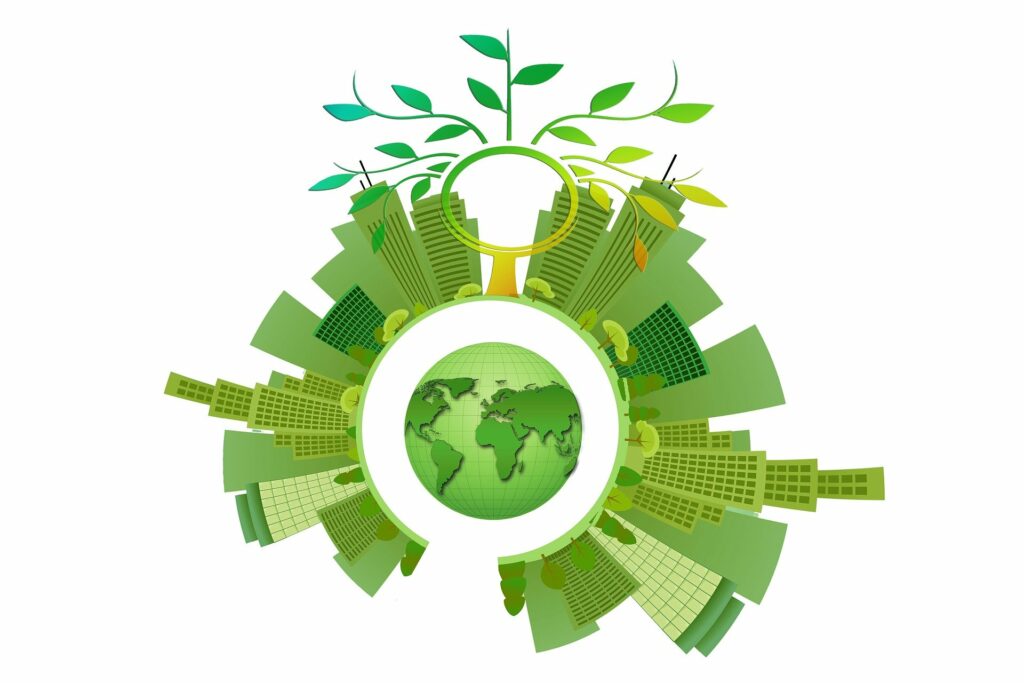CONSUMER NEEDS
A major aspect of the sustainability megatrend is the slow culture consumers are increasingly adopting, to move towards a circular economy of fashion. The circular economy and slow fashion trends address consumer needs for minimalism, greater transparency, and a desire to give back.

TREND DRIVERS
The biggest driver of this trend is the COVID 19 pandemic. This has led to two key changes, both largely impacting on the consumer mindset. Firstly, an increase in communal sentiment. Individuals have witnessed the devastating and disproportionate effect of the pandemic and are greater concerned for others wellbeing. 80% of consumers feel more connected to their community because of the pandemic, and believe the connection is long lasting. Secondly, a desire to live minimalist, ‘less is more’ lifestyles. Throughout the pandemic consumers have realised they don’t need as much to exist, and they can successfully live slower lifestyles with less consumption.
These two changes are translated into purchasing behaviours as consumers continually question their consumption and revaluate their needs. In order to contribute and support their community, consumers are looking for transparency, and want to shop with brands that will maximise their ethical behaviour by also giving back. Some consumers want to pass along the ethical responsibility, and only shop with ethical brands who make a difference for them, so they can save their time and money. This mindset combined with the desire for less, means consumers want to make infrequent purchases, but are willing to pay more than previously – as long as they can see the additional cost is beneficial to a cause at all stages. 65% of consumers agree it is worth paying more for quality. This is true at all stages of the process, with 74% of consumers willing to pay more for sustainable packaging.
CONSUMER EXPECTATIONS
These emerging consumer expectations are increasing pressure on businesses to adapt their strategies and incorporate sustainability. Post COVID-19, the companies that continue to embrace sustainability instead of abandoning it will be the leaders of the industry, instead of being in an unrecoverable position. Companies must make their processes more circular, so consumers know they are a brand worth investing in.
INDUSTRY INSPIRATION
One company who is aware of the need to offer greater sustainability is Polish brand Elementy, who have introduced an initiative that allows consumers the opportunity to exchange their pre-loved clothes in return for store discounts. This promotes the sustainable disposable of used clothes and encourages sustainable, conscious shopping; Elementy are proving to consumers they are a brand to trust.
Another initiative introduced to help meet and stimulate consumer desires for circular processes is H&M’s Looop initiative. Looop is a garment to garment recycling system that shreds old clothing and uses the fibres to make new ones.
The increased creation of sustainable initiatives contributing to the circular economy show brands have greater awareness of the necessity and are actively incorporating sustainability into their future strategies
0 Comments